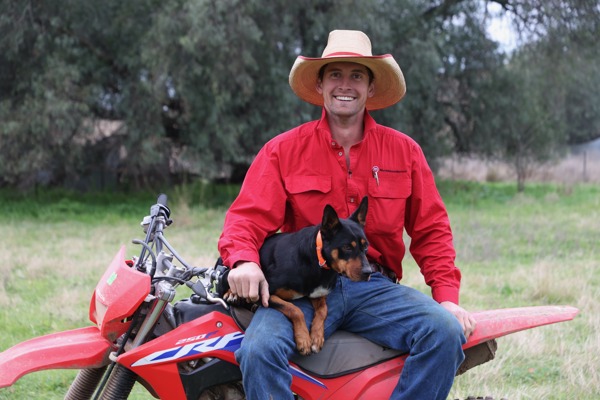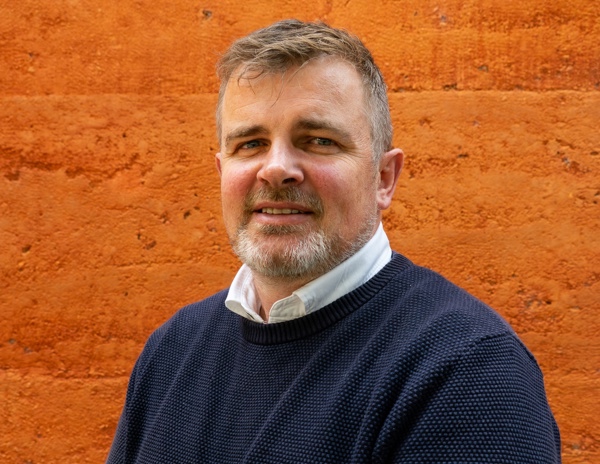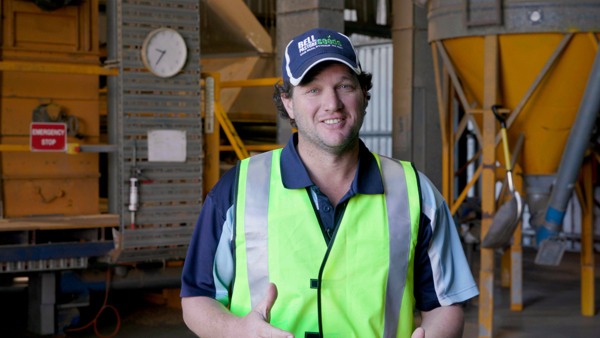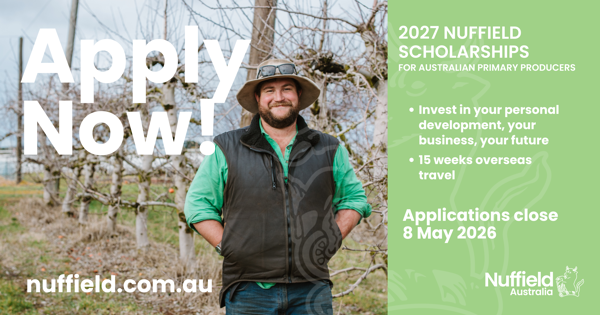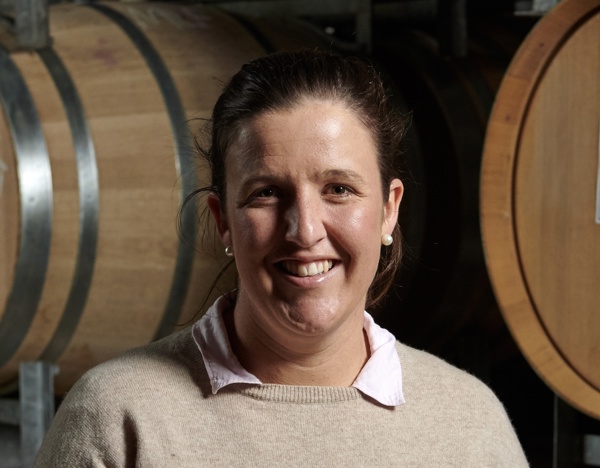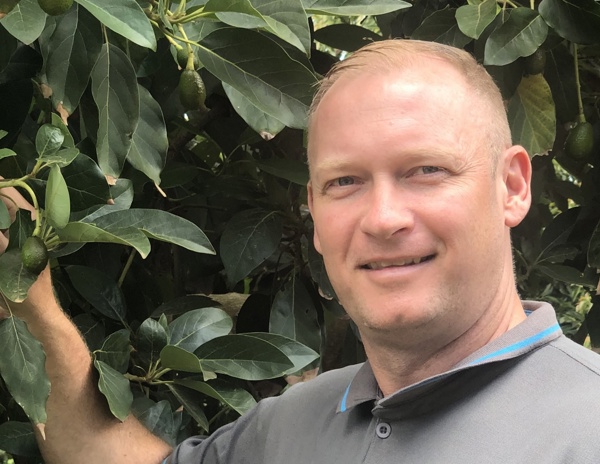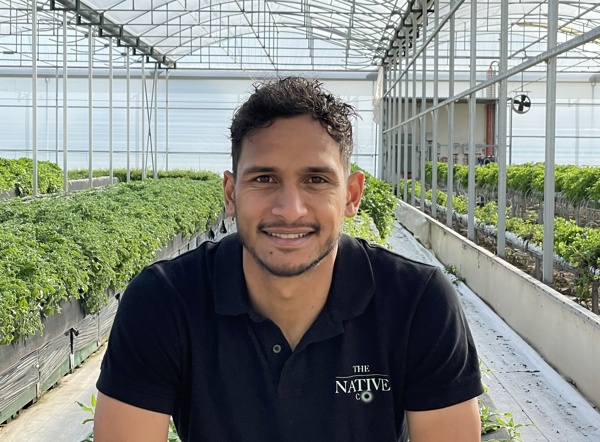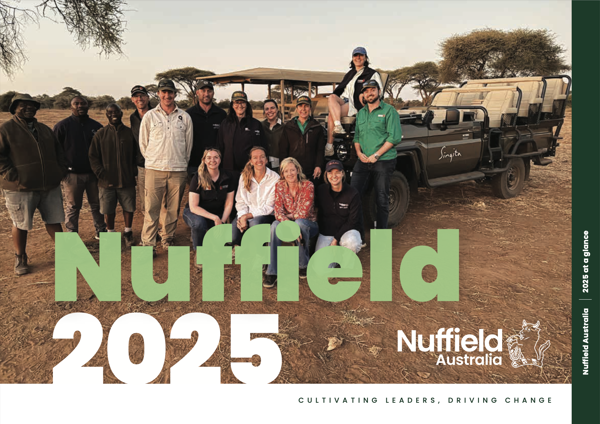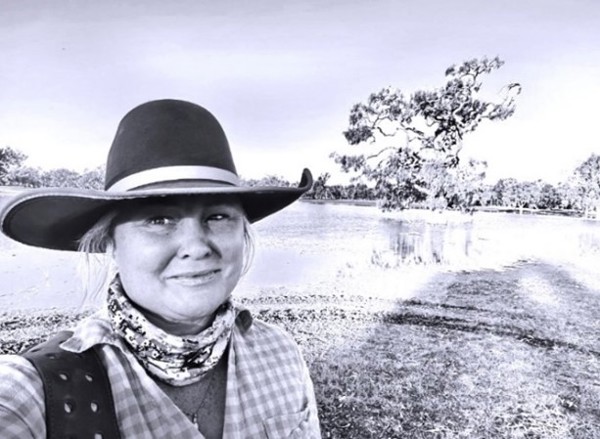Opportunities abound for Aussie lamb to move towards low carbon economy
Legume-based pasture systems can help graziers produce more lamb with a smaller carbon footprint while maintaining productivity and profitability, according to Victorian Nuffield scholar Johnny Gardner.
Johnny, a fourth-generation farmer whose report was released this morning by Nuffield Australia, travelled to eight countries to investigate how the industry can adapt – and thrive – in a low carbon economy.
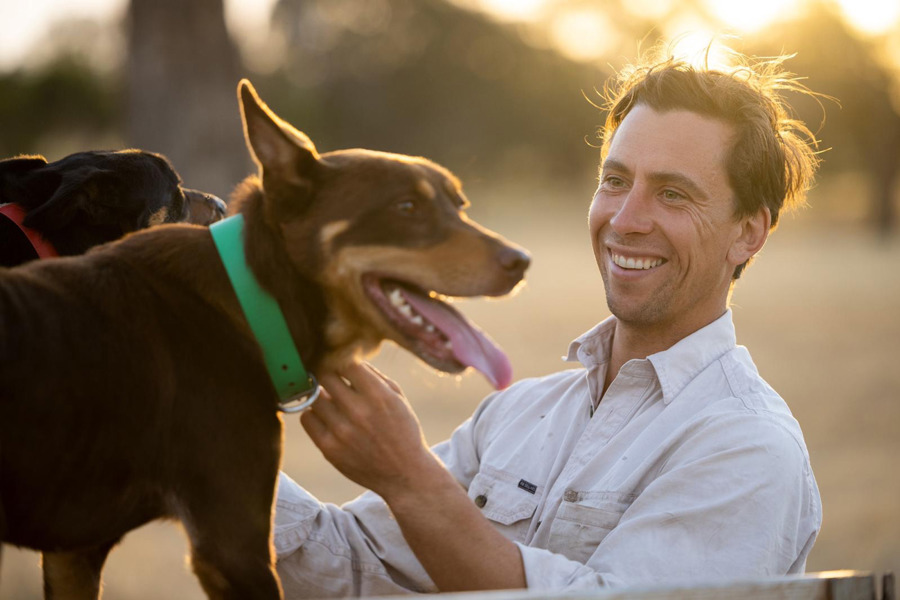
His report, titled ‘Building a Balanced Australian Lamb Industry’, addresses the challenges and opportunities facing the sector as it adapts to global climate change mitigation efforts.
Johnny's report highlights Australian production systems must align with international market expectations to preserve the nation's position as a leading lamb exporter.
“Our industry must embrace change and adopt well-planned strategies to reduce emissions while maintaining our competitive edge,” Johnny said.
“The global regulatory environment is evolving rapidly, and we need to stay ahead of the curve.”
The study – made possibly by a Nuffield Scholarship supported by the William Buckland Foundation – highlights that out of the 100 largest entities committed to reducing emissions, 69 are companies and 31 are countries. This indicates a strong industry-driven global transition, which is exemplified by major meat processors like Tyson Foods and JBS setting ambitious carbon neutrality targets that are influencing the entire supply chain.
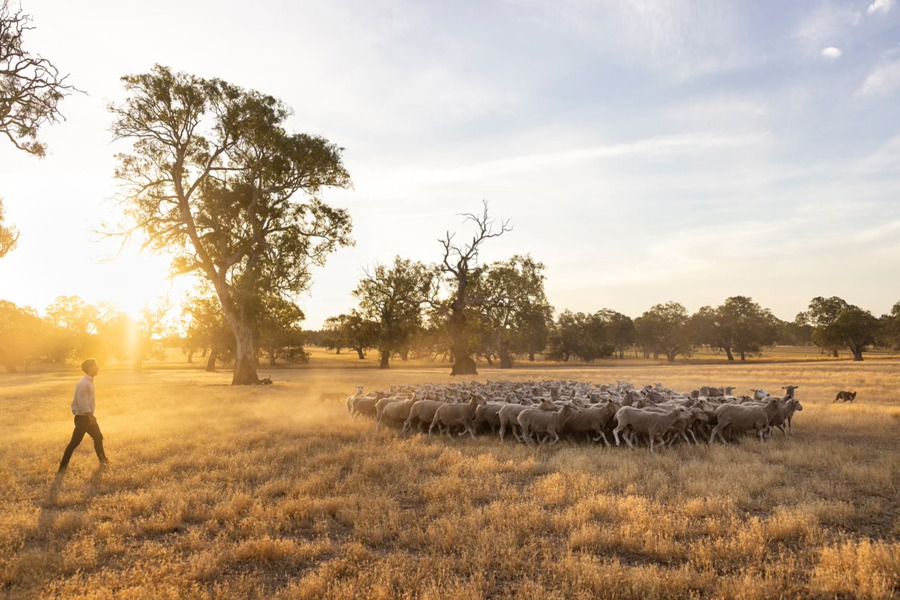
One of the key findings of the report is the potential for legume-based farming systems to significantly improve both productivity and emissions reduction.
Johnny saw this being done well at Bog Roy Station in New Zealand, where Professor Derrick Moot, from Lincoln University, helped transform their farming system to include 14% of grazing land planted to lucerne to finish lambs. This transformation allowed them to produce more from the same amount of land and bring forward the weaning age by 19 days.
“My research shows that incorporating legumes like clover and lucerne into pastures can lead to substantial improvements in lamb growth rates and weaning times,” Johnny explained.
“This approach offers a triple win: social, environmental, and financial benefits.”
The report also emphasises the need for comprehensive data capture and benchmarking to understand and improve farm emissions. Johnny stressed the importance of innovation and adaptation, calling for increased support from both industry and government. He saw this being done well in the US, where the farms he visited were supported to embrace innovations.
“We need to foster an environment that encourages the development and adoption of new technologies and practices,” Johnny said.
He calls on government to work with agriculture’s transition to low carbon production while shoring up food security to include positive and practical timelines if introducing carbon limits or emissions caps.
Looking to the future, the report outlines several promising avenues for emissions reduction, including feed additives and vaccinations to inhibit methane output. It also highlights the potential of precision livestock farming technologies to enhance efficiency and reduce the carbon footprint of lamb production.
In conclusion, Johnny’s report presents a balanced approach to emissions reduction, emphasising the need to maintain productivity and profitability while meeting global environmental standards. The study serves as a call to action for industry stakeholders to collaborate in achieving a sustainable and economically viable future for Australian lamb production.
For more on Johnny’s research findings, see his presentation from the 2022’s Nuffield National Conference here.
Other Nuffield scholars will present their research findings at the 2024 National Conference in Launceston, Tasmania from 2-4 September. To find out more and register to attend, visit https://www.nuffield.com.au/conference-2024
Johnny Gardners's report can be found here
